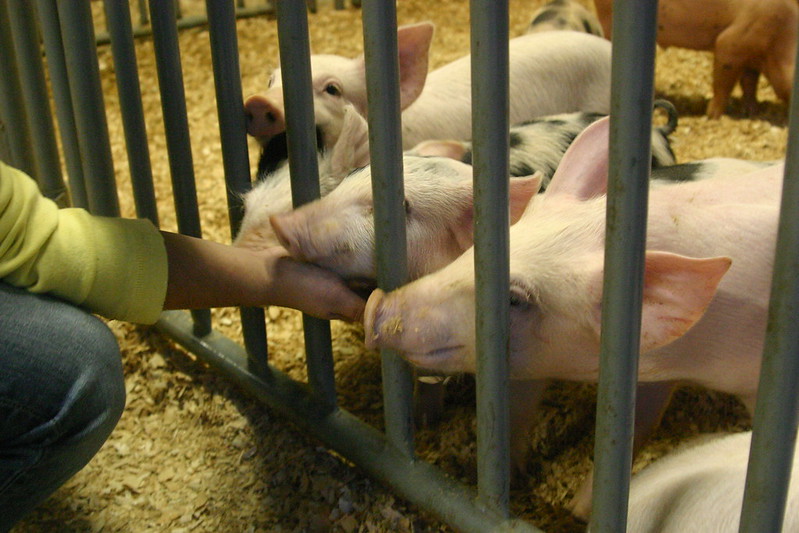The US Department of Agriculture (USDA) Animal and Plant Health Inspection Service (APHIS) has confirmed 6 more H5N1 avian flu outbreaks in California dairy herds, raising the state's total to 16 since the virus was first found in the state's Central Valley dairy farms in the middle of August.

The detections push the national total of dairy farm outbreaks to 214 across 14 states.
In another avian flu development, the USDA confirmed highly pathogenic avian flu at a commercial turkey farm in California. The California Department of Food and Agriculture said the detection at the turkey farm is the state's first in domestic poultry since the state was declared free of the virus at the end of June.
Though Merced County is part of California's Central Valley, it's not clear if the turkey farm has any connection to the cattle outbreaks in that part of the state.
FDA advisers to discuss human H5 vaccines
Meanwhile, the Food and Drug Administration vaccine advisory group will discuss the composition of human H5 vaccines as part of preparedness for highly pathogenic as one of three topics at its upcoming meeting on October 10. The other topics on the Vaccines and Related Biological Products Advisory Committee (VRBPAC) agenda are recommendations on strain selection for seasonal flu vaccines for the Southern Hemisphere's 2025 season and research programs regarding departments that study viral diseases.
_0.jpg)












